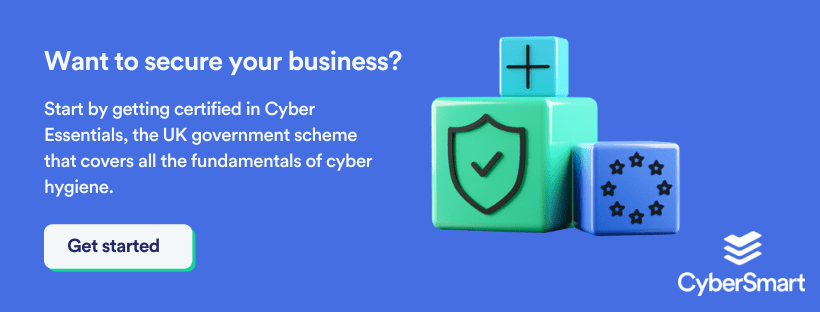Here's what everyone should be doing in 2018 in terms of cybersecurity and data protection:
Password Manager:
Most people use very weak passwords and reuse them on different websites. But a password manager offers a way of using strong, unique passwords on all websites you visit.
Password managers store your login information for all the websites you use and help you log into them automatically. They encrypt your password database with a master password - the master password is the only one you have to remember.
If you use the same login information everywhere, a password leak at one website could give people access to all your accounts. If someone gains access to your email account in this way, they could use password-reset links to access other websites, like your online banking or PayPal account.
To prevent password leaks from being so damaging, it's a wise idea to use unique passwords on every website. These should also be strong passwords that are long and contain numbers and symbols.
Some web geeks have tens of hundreds of accounts to keep track of, while even the average person likely has over ten different passwords. The ideal solution is a password manager that generates secure, random passwords for you and remembers them so you don’t have to.
Avoid phishing attacks:
Phishing attacks can leave you vulnerable to fraud or blackmail if enough sensitive information is compromised. Its important to report any suspicious emails, telephone calls or other messages to your employer so that they can investigate and warn others.
When reading emails, always check that the URLs are legitimate by hovering over any links and ensuring that the encrypted ‘https’ is visible at the start of any web address. Check for poor grammar, syntax and spelling as a sign that the email is not from a genuine organisation.
If you receive a suspicious email on your device, delete it immediately and block the sender. Inspect your email settings to ensure that your spam filter is switched on. In addition, if you can see that your email address is the "sender" address, then it is likely that the security of your email account has been compromised and you should change your email account password.
Install a VPN:
A VPN (Virtual private network) allows you to have your connection encrypted and secure, to become online and to keep your traffic data private and safe from hackers.
When working online you don’t want your data (personal information like name, credit card number, passwords etc.) to be transferred or controlled. VPN creates a safe connection between you and our servers and this protection is really hard, almost impossible to break, unlike your basic protection.
Back up your data:
The first step is to identify your essential data - that is information that your business can’t function without.
This will comprise documents, photos, emails, contacts and calendars.
Another step is to keep your backup separate from your computer. Whether its a USB stick, on a separate drive or computer, access to data backups should be restricted so that they are not accessible by staff.
Consider the Cloud:
Using cloud storage (where a service provider stores your data on their infrastructure) means your data is physically separate from your location. You'll also benefit from a high level of availability. Service providers can supply your organisation with data storage and web services without you needing to invest in expensive hardware upfront.
Looking to improve your cybersecurity but not sure where to begin? Start by getting certified in Cyber Essentials, the UK government scheme that covers all the fundamentals of cyber hygiene.


